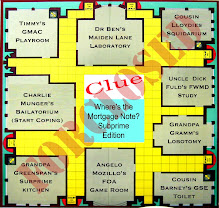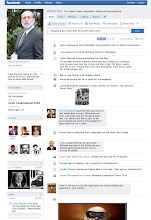
JEREMY GRANTHAM RECALLS THE TITANIC
I can imagine the company representatives on the Titanic II design committee repeatedly pointing out that the Titanic I tragedy was a black swan event: utterly unpredictable and completely, emphatically, not caused by any failures of the ship’s construction, of the company’s policy, or of the captain’s competence. “No one could have seen this coming,” would have been their constant refrain. Their response would have been to spend their time pushing for more and improved lifeboats. In itself this is a good idea, and that is the trap: by working to mitigate the pain of the next catastrophe, we allow ourselves to downplay the real causes of the disaster and thereby invite another one. And so it is today with our efforts to redesign the financial system in order to reduce the number and severity of future crises.
After a crisis, if you don’t want to waste time on palliatives, you must begin with an open and frank admission of failure. The Titanic, for example, was just too big and therefore too complicated for the affordable technology of its day. Given White Star Line’s unwillingness to spend, she was under-designed. The ship also suffered from agency problems: the passengers bore the risk of unnecessary speed and overconfidence in “too big to sink!” while the captain stood to be rewarded for breaking the speed record. No captain is ever rewarded for merely delivering his passengers alive. Greenspan, nearly 100 years later in his short-lived “irrational exuberance” phase, did not enjoy being metaphysically slapped by the Senate Subcommittee for threatening the then speedy progress of the economy.
What is needed in this typical type of agency problem is for the agent on those rare occasions when it really matters, whether a ship’s captain or a Fed boss, to stop boot licking and say, “No, this is wrong. It is just too risky. I won’t go along.”
WB7: Is Ben Bernanke the "agent"? Pass the joint Ben.




































.jpg)












No comments:
Post a Comment